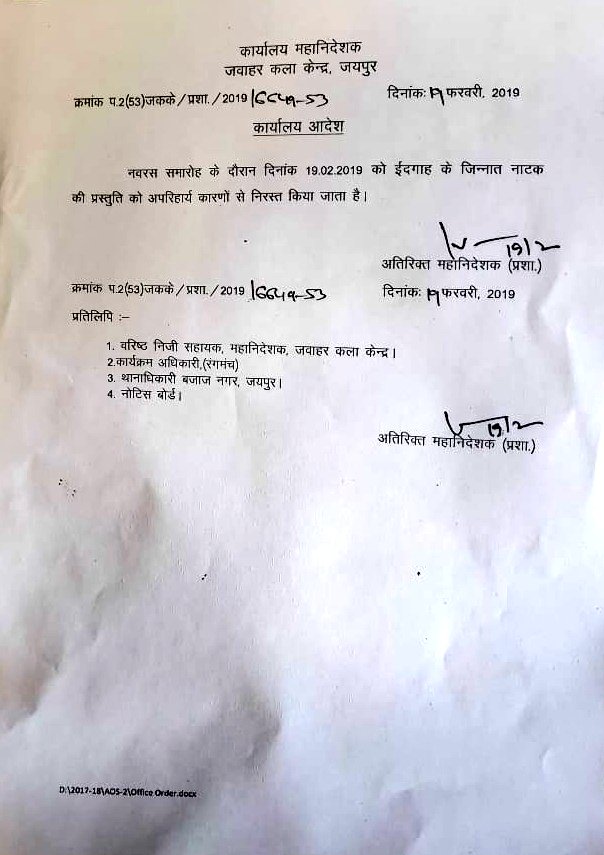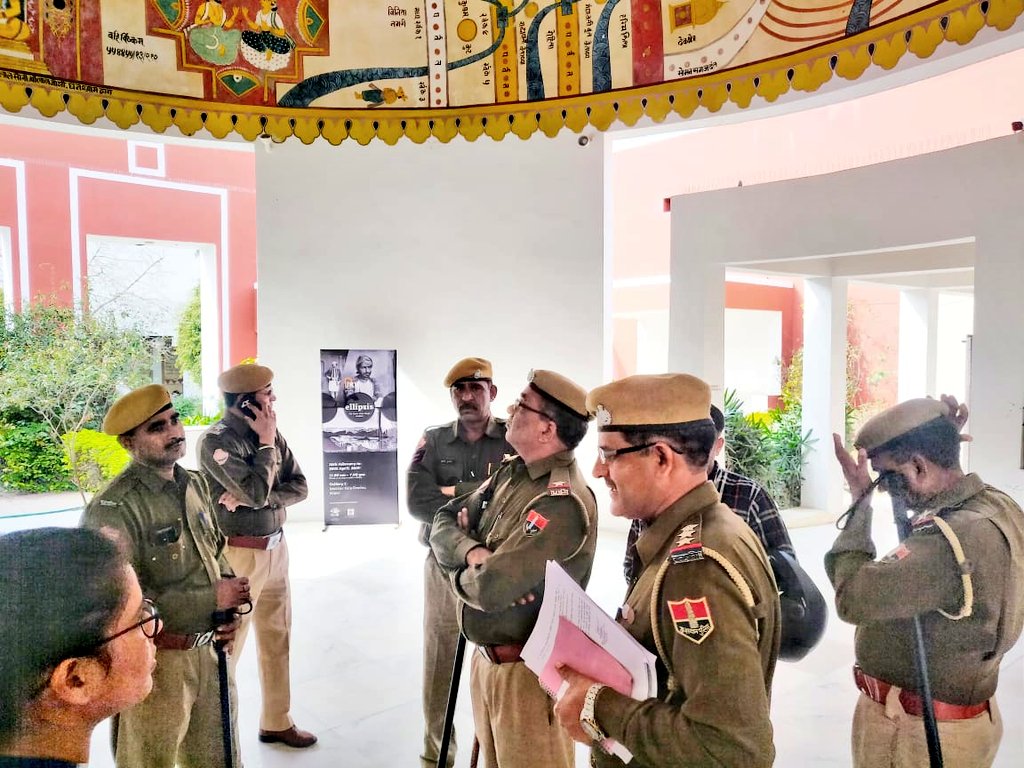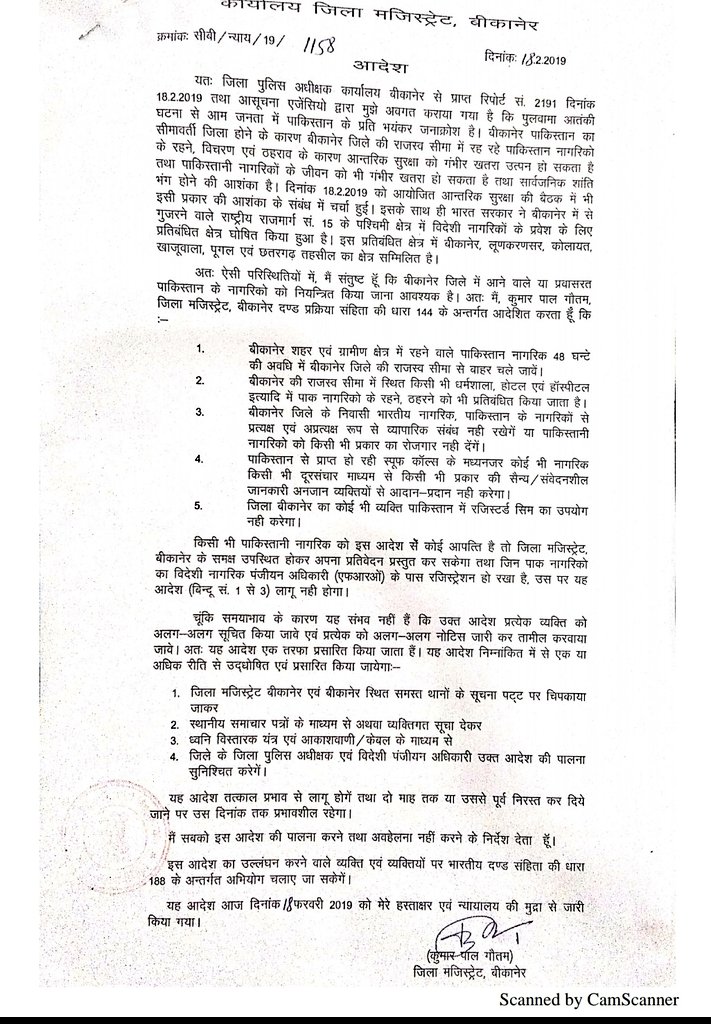Council has before said it's more appropriate for residents to do.
Fong: There were some groups who have expressed grassroots interest last year, but since then, no one has reached out "so it's hard for me to gauge who is motivated around this."
Around 4,500, and Aug. 7
Fong: It was not as much of a citizen-led process as it could have been. It's arguable that the lack of public engagement didn't do the initiative any favors
Fong: Needs researched
Carr: We don't think we can protect voting records, which under state law are public. No exception we can think of to protect them.
Yes, Fong says.
Yes.
Weaver: So let's do that, but don't do the work until a group comes forward.
Some clarifying around this from Carr
Restorative justice is one way being used to change behavior.
Carr: We could consider making it a lower level of proof for the sentence enhancement piece.
Yes, Carr says.
Carr: As a parent, the last thing I do is punish them. I always try to inform, pressure. What we always want to do in criminal justice is get ppl to change what they're doing, particularly in this area.
Mankekar: It's only used on specific types of crimes. Not hate crimes, violent crimes or sex crimes. It seems like we may be confusing restorative justice and mandatory education.
It's covered, Mankekar says.
"I think homeless get picked on."
Council is supportive of adding housing status to the hate crime sentence enhancements.
Carr: I haven't researched it yet. There are places this has been done.
Morzel shares a story of being pregnant with her third child and someone following her and screaming at her that she "already had two children."
Carr: My guess is they already do training, so that's not the issue. It's more how do we improve things.
Her q: Should we put something on paper and get specific feedback on these things we're suggesting?
Fong: We are fully anticipating 4-5 month time frame. Is doable.
Carr: Aug. 2
Preach.
See You Next Tuesday, Boulder!





